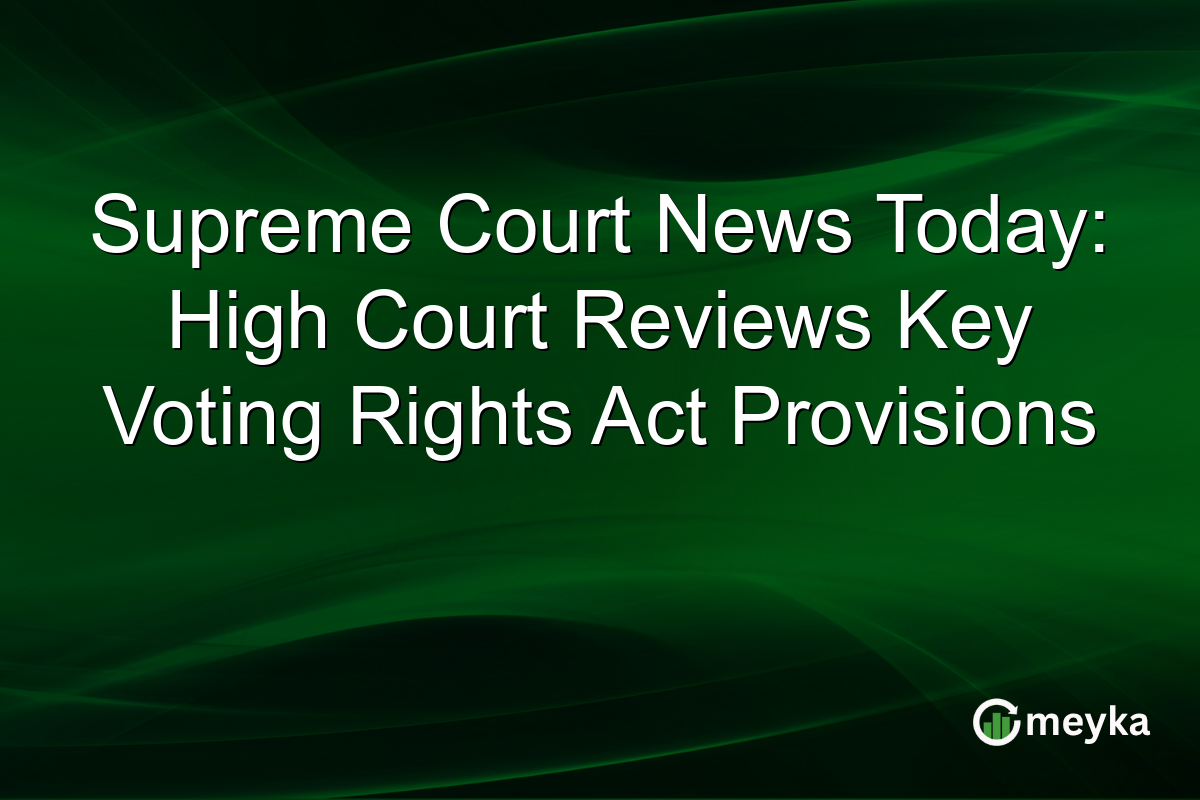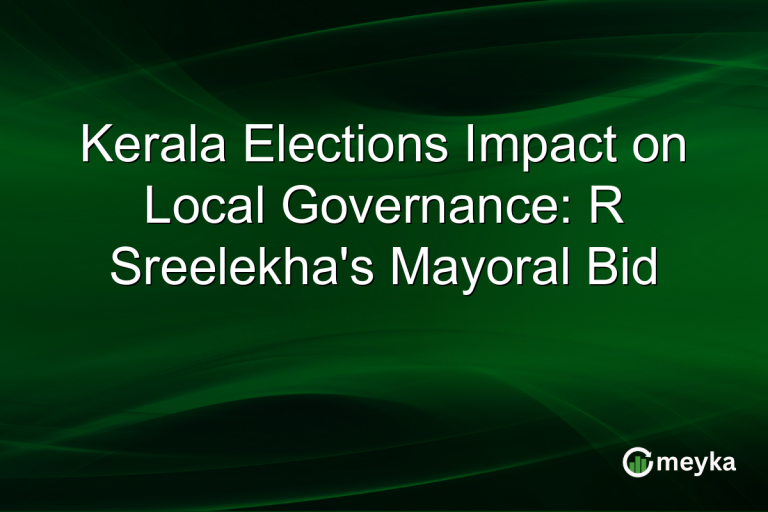Supreme Court News Today: High Court Reviews Key Voting Rights Act Provisions
Today, the Supreme Court tackles a pivotal case centered around Section 2 of the Voting Rights Act. This legal challenge addresses claims of racial bias in voting laws, a key issue with significant implications for future U.S. elections. As the court deliberates, the outcome could reshape how voting rights are protected, influencing political and civil rights landscapes nationwide.
Understanding Section 2 of the Voting Rights Act
Section 2 of the Voting Rights Act prohibits voting practices that discriminate based on race or color. Over decades, this provision has been crucial in challenging unjust laws affecting minority voters. The current Supreme Court Section 2 voting case will determine how easily plaintiffs can contest potentially discriminatory laws. This decision is pivotal, as it could change the evidentiary standards required for such cases. As such, the legal landscape of voting rights may experience significant change, particularly impacting minority community representation in elections. Read more from Reuters here.
Current Case and Implications
The ongoing Voting Rights Act case in 2025 presents a critical review of claims of racial discrimination in voting laws. The case questions how courts handle evidence of racial bias, potentially revising legal requirements for proving discrimination. A decision limiting these standards could complicate voters’ efforts to address biased laws, while broader standards might enhance protections against subtle forms of discrimination. The stakes are high, as the outcome will influence voter representation and equality in future elections, thereby affecting public trust in the democratic process. Learn more on CNBC.
Impact on Politics and Business
The Supreme Court voting decision will reverberate through political and business arenas. For politicians, changes in Section 2 legal challenge processes could alter campaign dynamics, particularly in states with diverse populations. Political groups may need to adjust strategies for voter engagement. For businesses, especially those involved in corporate political activities, the ruling could mean reevaluating compliance and advocacy efforts. Aligning with new legal standards will be crucial to maintaining corporate social responsibility practices. Such changes highlight the importance of staying informed and adaptable in a shifting legal environment. More insights available at Bloomberg.
Final Thoughts
The Supreme Court’s review of the Voting Rights Act case in 2025 is more than a routine legal assessment; it’s a defining moment for U.S. democracy. A decision favoring stricter evidentiary requirements could make challenging discriminatory laws harder, potentially affecting voter equality and representation. Conversely, a decision easing these requirements might boost protections against racial bias. For investors and political strategists, keeping an eye on social signals and market responses will be key. As we await the verdict, the underlying message is clear: the evolution of voter rights has significant implications for society at large.
FAQs
Section 2 of the Voting Rights Act prohibits any voting practices or procedures that discriminate based on race or color. It’s a key provision used to challenge discriminatory voting laws and ensure fair representation for minority groups in the U.S.
The Supreme Court is reviewing Section 2 due to ongoing concerns about racial bias in voting laws. This case aims to address how laws potentially discriminative to voters can be proven in court, impacting future legal challenges and voter protection.
The Supreme Court’s decision could alter how easily discriminatory voting laws can be challenged, affecting minority voter representation. A change in legal standards might influence election outcomes and the ability of communities to address unequal voting practices.
Disclaimer:
This is for information only, not financial advice. Always do your research.






